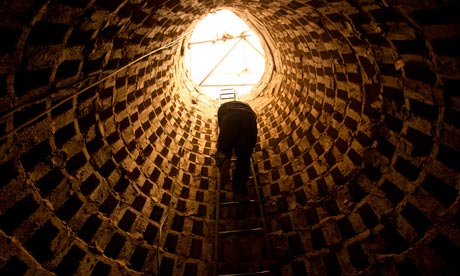Hamas praise ‘courageous decision’ to allow Palestinians first free passage out of Gaza for four year
- Harriet Sherwood in Jerusalem
- guardian.co.uk,
- Friday 27 May 2011

Home » Post Page » Egypt to open Gaza border crossing
Hamas praise ‘courageous decision’ to allow Palestinians first free passage out of Gaza for four year

